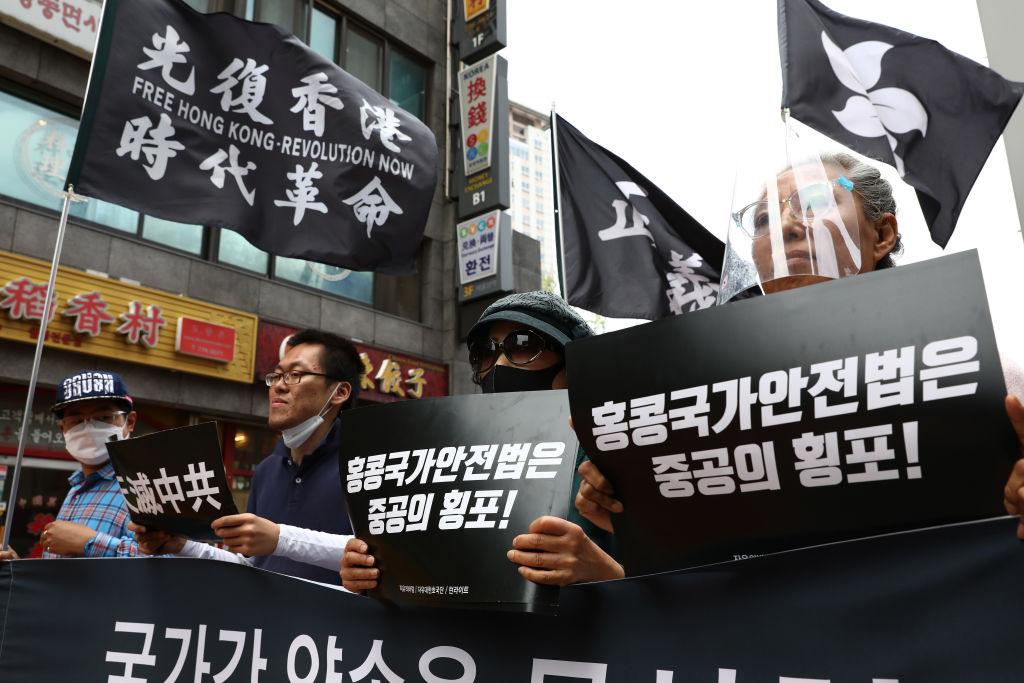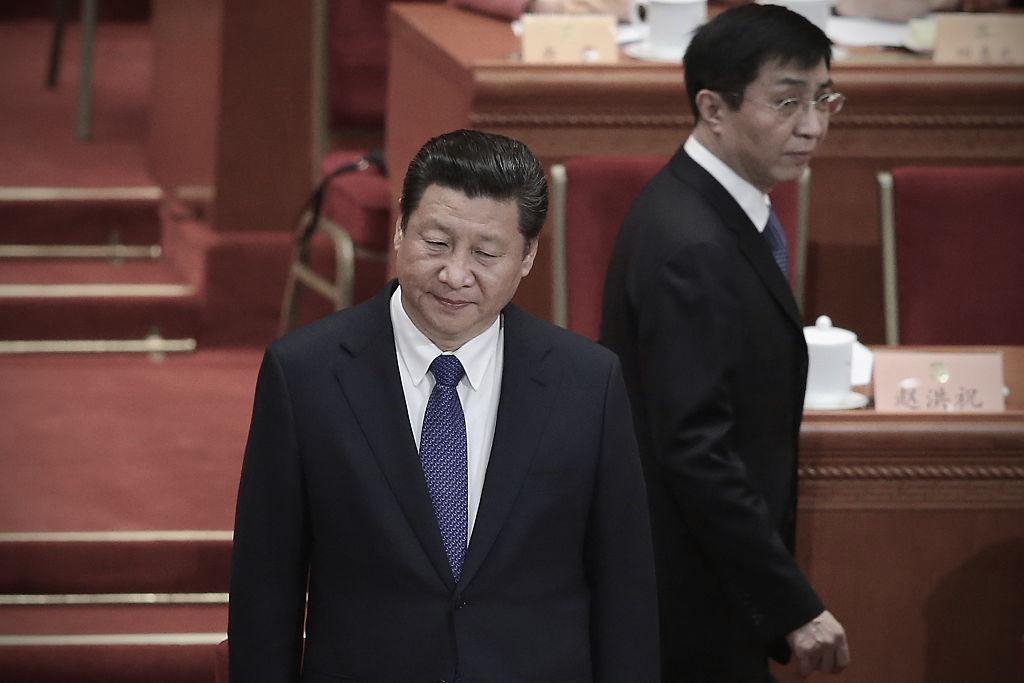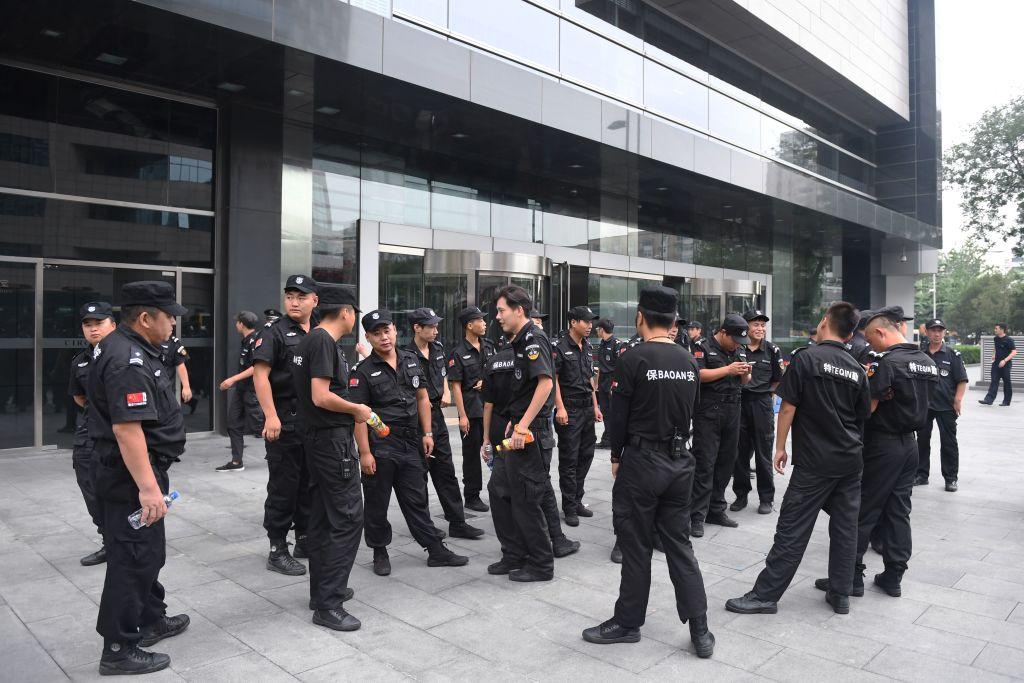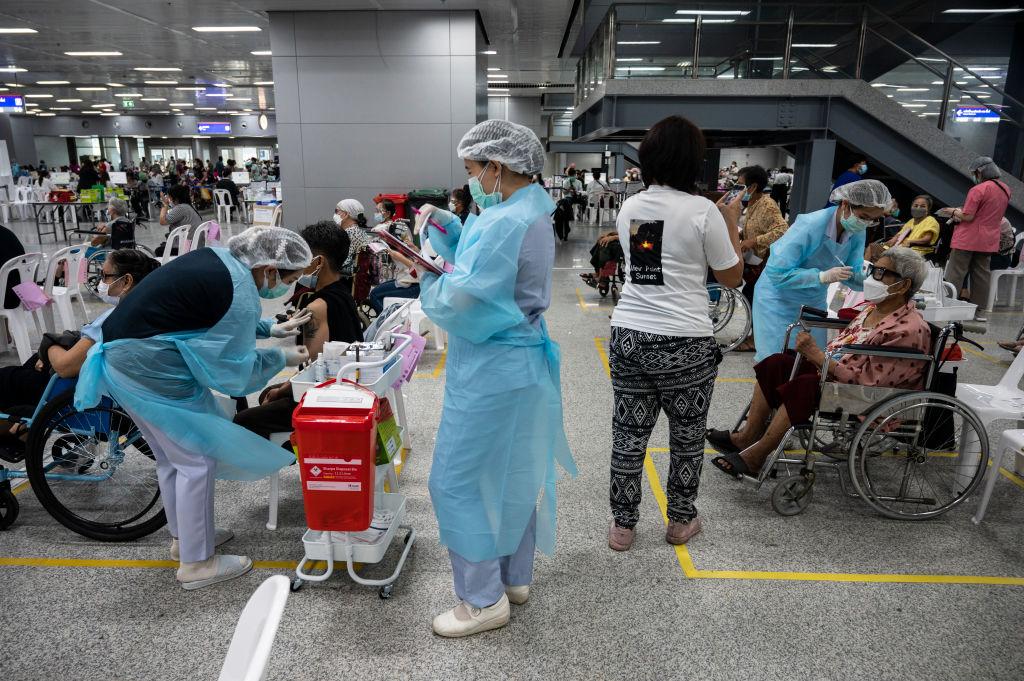While global anti-Chinese Communist Party (CCP) sentiment is rising, Korean people’s negative perceptions of the CCP have also reached a new high and have been reflected in Korea’s local by-elections this year. This has brought serious challenges to the current president Moon Jae-in’s party in winning next year’s general election in March. The pre-election activities will begin in July.
In several South Korean by-elections held in April for vacancies of numerous public offices due to deaths and ousters, the anti-CCP opposition party, People Power Party, won landslide victories. The pro-CCP ruling party led by Moon lost in one city after another, putting Moon’s ruling camp in crisis.





